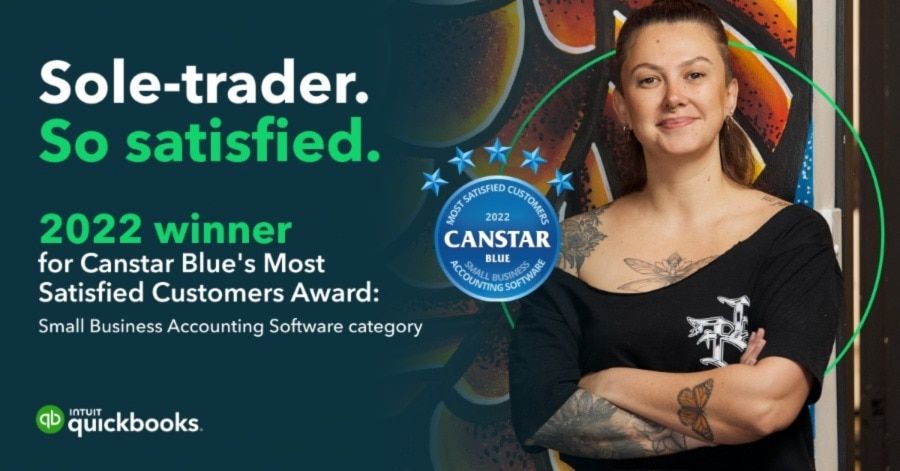Self-education and conference expenses
Many consultants attend industry-related seminars and conferences. These are deductible from your tax bill if they will further your skills in your specific field. If there is a portion of the conference that isn’t related to work then you would not be able to make a claim for that part of the conference.
As a consultant, you may want to improve or maintain your skills, the cost for a course to do so can be claimed. However, there are several caveats. You cannot claim for a course that is related to your field in only a general way or if it will help you get a new job. You also cannot claim a deduction if your employer reimburses these expenses.
Working from home expenses
If you work from home, there are lots of ways you can deduct from your tax bill. This includes buying office equipment and supplies, which are deductible in full for items or a set of items under $300.
You can also deduct bills and utilities, including wifi costs, phone costs, heating and cooling, and more. However, since you will also use these things outside of work, you can only deduct the portion of expenses used for your professional life.
You can use the fixed rate method or actual cost method to work out your expenses. The fixed-rate method means that you keep track of how many hours you work from home, then allow 67 cents per hour for deductions (as of writing in April 2023 and this rate applies for expenses made after 1 July 2022). For the actual cost method, you need to do some calculations.
Let’s say Jay works from home occasionally. His logbook shows that he worked a total of 100 hours in 2022/23. When working from home, he uses his home office, and he always has the air conditioner on in that room; based on his bills, he knows that it costs 1.09 kw and 30 cents per hour to run the air conditioner. He calculates it as follows:
1.09 kw per hour x 30 cents per hour = 32.7 cents per kw hour
100 hours x 32.7 cents = $33 (rounded up to the nearest whole dollar)
You must be able to show how you worked out the amount you deduct, so keep this in mind.
Other expenses
There are several additional expenses that consultants can deduct, including:
- Premium subscriptions for industry-related publications or software, such as a LinkedIn subscription for a recruitment consultant
- Union and professional association fees
- Insurance for any equipment you use for work, such as a laptop

















